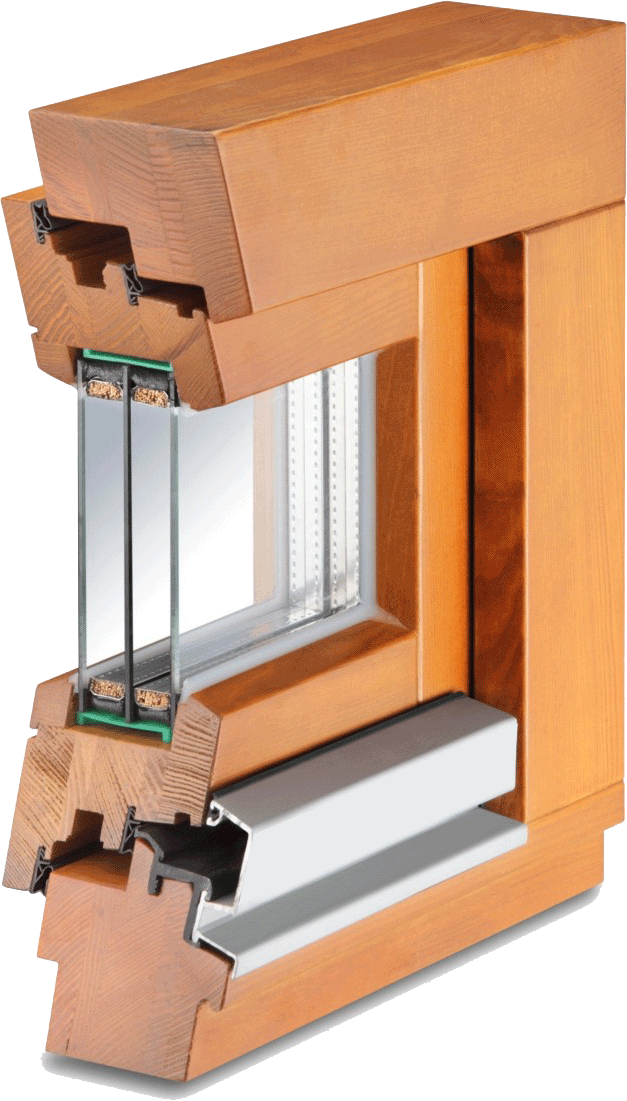
DESIGN
WINDOWS
GLASS
HEATING
VENTILATION
AUTOMATION
SUNSHADES
PLANTS
INSTALLATION
PRICES
SELF CLEANING GLASS
Self cleaning glass has an exterior coating of Titandioxyd. Titandioxyd is a chemical that reacts with light to dissolve dirt. You only water is needed to wash off any dissolved grime. Titandioxyd reduces surface tension on the roof, the result of this is that water flows off the glass more swiftly and there is less lime staining.
You still need to clean your conservatory with water but you have to do it far less frequently than with normal glass.
SUN PROTECTION GLASS
Sun-protection glass is coated to reflect part of the infra-red radiation and reduce the penetration of energy into the conservatory. This allows less daylight into the conservatory so that even in summer the sky will not be too bright for you to comfortably enjoy being in your conservatory.
Glass producers constantly try to achieve a compromise between a low G-value and high light transmission. Please note though that the effect of this glass can never be as good as with a physical sun protection system or blinds. Sun protection glass works the whole year, even in Winter, when the heat and solar energy would be very welcome.
Sun protection glass is great, but it is only our second choice for a conservatory. This option can be combined with clear Low E glass in a conservatory, but it is not a replacement for a mechanical sun protection system or blinds.
LOW-E GLASS
We use German standards in selecting our glass. Germany has had double glazing as standard since 1980s. Today Germany uses a soft coated Low E glass with a U-value of 1.1 W/m2K. This is almost three times the performance of standard New Zealand double glazing. At ThermaDura we use the German standard of Ug 1.1 Wm2/K with Argon filling and thermal spacers around the perimeter of the double glazed unit.
We also offer triple glazing which is available with U-values of 0.6 Wm2/K. All our options surpass the minimum requirements many times over.
A G-value rating indicates the percentage of short-wave sun radiation that penetrates the glass to then be transformed into long-wave radiation. The lower the G-value of the glass, the less your conservatory will heat up.
A lower G-Value, gives you better thermal performance due to increased solar gain.
The higher the G-value, the more your conservatory will be heated by the sun.
This transparent, brilliant and beautiful material gives your conservatory its character. The glass you choose also determines the climate of your conservatory. There are many sorts of glass, but we recommend one of the following three types:
-
Low E Glass
-
Sun Protection Glass
-
Self Cleaning Glass (It is a modern wonder!)
CONSERVATORY GLASS OPTIONS

Double or triple glazing are a must for a quality conservatory

Low-E glass was compulsory in Germany in 1979 - save energy and live comfortable and healthy in your home with Low-E glass










